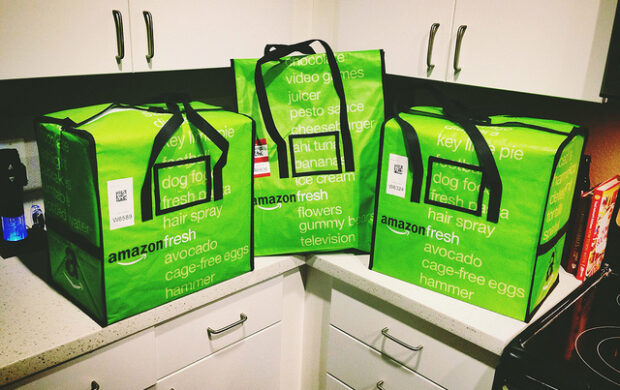The future of logistics.
“The idea is to create a kind of conveyor belt system that makes it economically feasible to do increasingly large-scale activities in space.
“Build up a fleet of these things in space, space trucks if you will,” Bruno says. Then, “the big, expendable rockets, those are the freight trains. It starts becoming practical to construct large-scale infrastructure and support economic activities in space—a transportation system between here and the moon, practical microgravity manufacturing, commercial habitats, prospecting in the asteroids.” In that scenario, he suggests, low-Earth orbit “becomes the app store of space.”
SpaceX’s biggest rival is developing “space trucks” to ferry cargo in an orbital economy
The big kahuna of American rocket companies is the United Launch Alliance, a joint venture of Boeing and Lockheed Martin that until this year held a monopoly on the lucrative business of launching rockets for the US Air Force. But that monopoly is no more.





